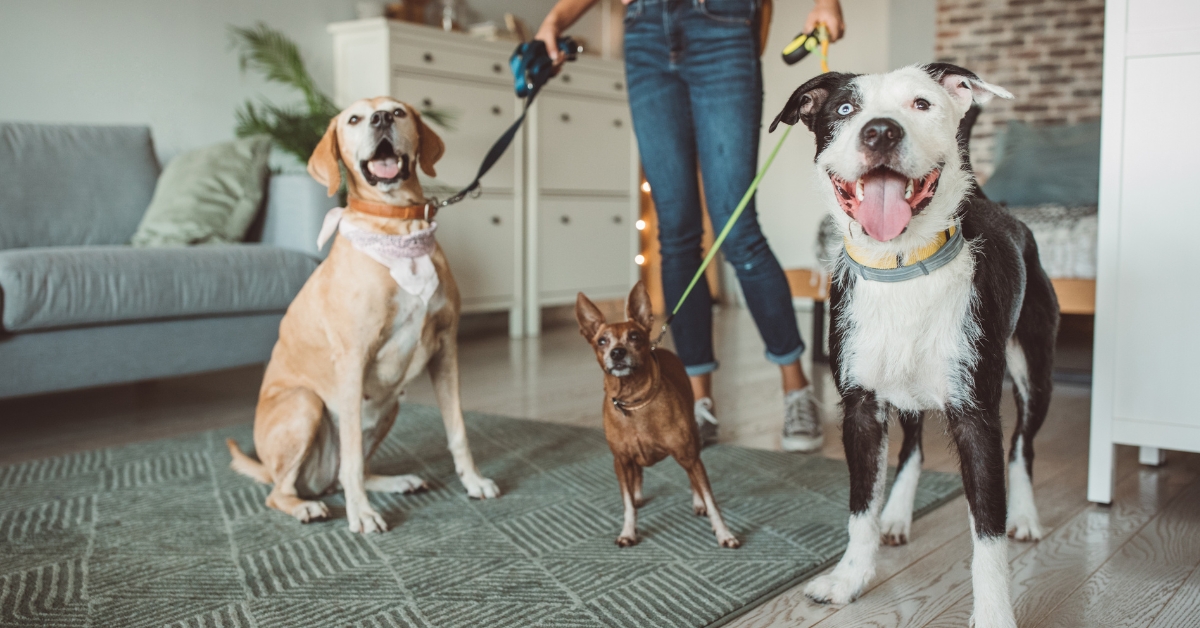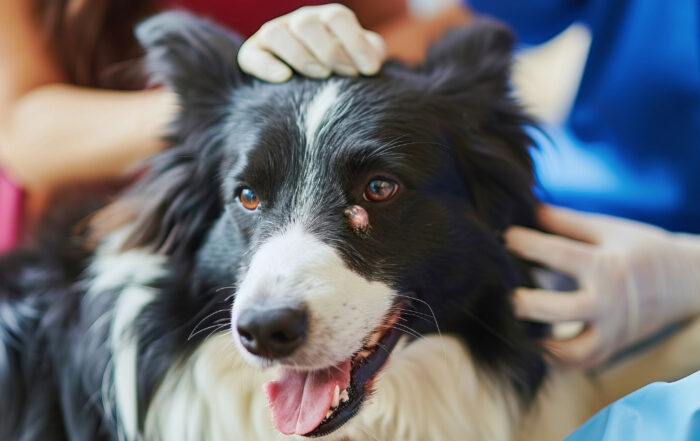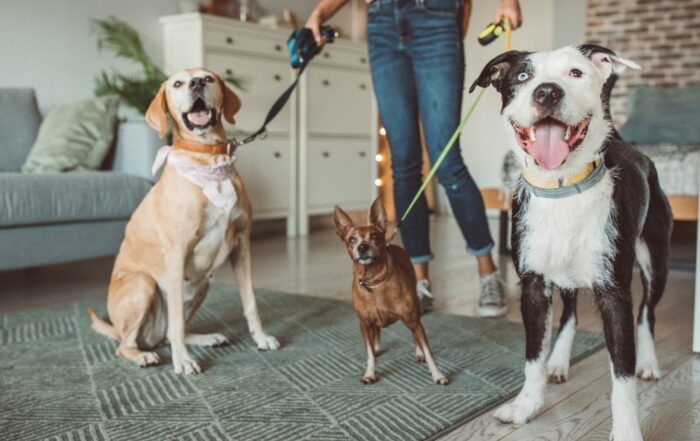What Every Pet Sitter Should Know About Urgent Veterinary Care

Whether you are pet sitting for just a day or for a week, knowing how to respond when a pet is hurt or sick can make all the difference. Emergencies rarely happen at a convenient time. Being well-prepared helps you stay calm and act quickly, ensuring a safer and less stressful experience for both you and the pet.
Understanding the Difference: Urgent vs. Emergency Care
One of the first things to grasp is the distinction between urgent and emergency care.
Urgent care involves non-life-threatening but time-sensitive issues like limping, mild vomiting or diarrhea, sneezing, or itchy skin. These signs require prompt veterinary attention but are not considered critical.
Ally Urgent Veterinary Care is equipped to help with such cases. Depending on the circumstances, however, we may refer you to local, emergency clinics we work with, such as VEST (Veterinary Emergency and Specialty of Tidewater), Bay Beach Veterinary Hospital or The COVE (Center of Veterinary Expertise).
Emergency care demands an immediate response. Signs such as difficulty breathing, seizures, uncontrolled bleeding, collapse or ingestion of toxins signal a true crisis. In these moments, rush to a veterinary emergency center near you—without hesitation.
Must-have Checklist for Sitters
Preparation starts with the right information. Pet owners should provide sitters with:
What Pet Owners Should Provide
In addition, pet owners should have on hand a home pet care kit that includes:
Peace of Mind through Preparation
By staying organized and informed, you can focus on the best parts of pet sitting—playtime, snuggles, and keeping tails wagging. A bit of prep now can prevent panic later. So, ask questions, keep contacts handy and make sure your emergency kit is stocked and ready. Being a responsible sitter means being ready for the unexpected—and your furry friend will thank you for it.
Questions? Contact us at Ally Urgent Veterinary Care. Our team is here for you, with two clinics serving Virginia Beach and Chesapeake/Northeastern North Carolina. Call us at 757-900-ALLY (2559) or visit allyurgentvet.com/check-in to “check-in” online.
For additional information about what to include on a pet first aide kit, visit our blog at this link: https://allyurgentvet.com/pet-first-aid-kit/
Recent Posts






